Ash Cloud with a Silver Lining
In the months leading up to summer, my small team and I would usually be busy sewing colourful upcycled wears ready for the festival season. However 2020 had different plans for us all. With this years UK festivals cancelled, we are now making masks instead.
But my personal mask journey didn’t start with the Covid-19 pandemic. It started back in January, in the slums of Tondo – Manila Philippines.
Jane Walker, inspirational power house and founder of the Purple Community Fund (PCF) had invited me to participate in an education-development project for the residents of Manila’s most densely populated slum, Barangay 105 in Tondo.
PCF supports the community through a range of services and livelihood schemes, its signature project being the making of upcycled products including bags and jewellery made from ring pulls, to shoes out of aeroplane tyres.
Last year, Leftover Threads sold PCF upcycled products at UK festivals giving 100% of the money back to the charity.
The original plan for my stay in Manila was for me to design a festival range of hats and waist-coats made out of neckties for the nanays (mothers) working in the livelihood centre to sew. Nature, however, had a different plan.
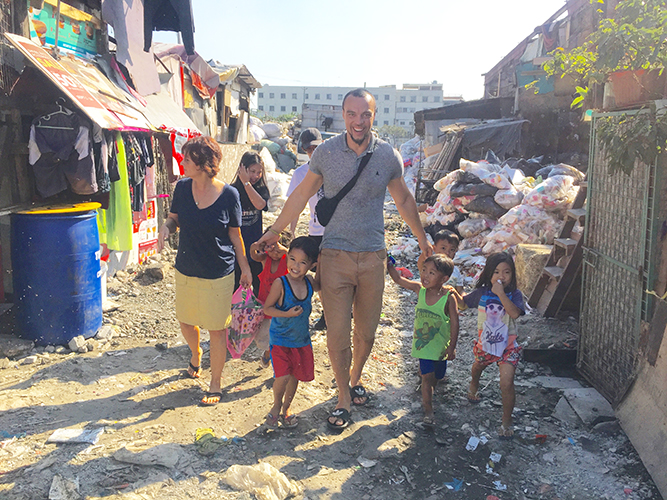
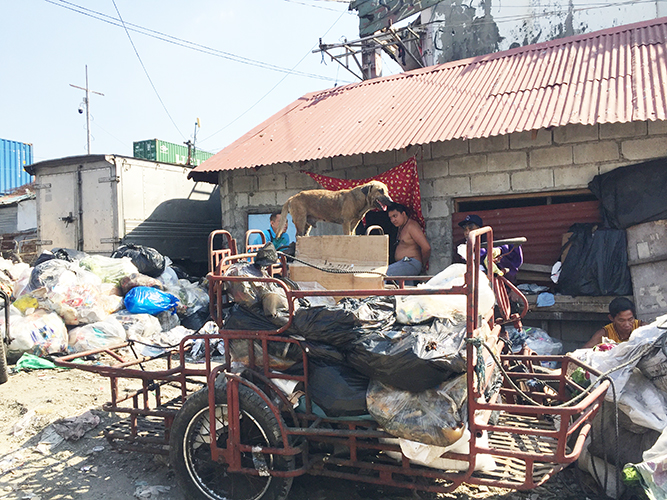
24 hours before my flight, Taal Volcano, 100 km south of Manila, started spewing hot ash columns exceeding a kilometre in height. A state of emergency was declared on the island and its nearby residents were evacuated. The situation on the ground worsened rapidly, with continuous eruptions leading to an ash cloud visible from space, swiftly moving towards the capital Manila, one of the most densely populated cities on the planet (more so than Delhi). Tondo, the slum I was to work in, houses 38% of the city’s inhabitants, crammed into a small area with poor sanitation, negligible security and health provision. Accommodation is made of found materials and the windows are merely apertures without glass through which the harmful volcanic dust threatened to rampage. Fear surged through the area, as measures taken to protect inhabitants were inadequate.
With smoke still billowing from the volcano, 80,000 passengers had their flights cancelled or delayed but luckily my connecting flight from Hong Kong was one of the first to arrive in Manila. As we began our descent, I could see the big ash cloud lingering threateningly.
Upon arrival, Jane and I quickly decided that the easiest way to give immediate support to the Tondo community would be to provide face masks. Mask prices locally had quadrupled in the days that followed the eruption making them unaffordable for many. Could we make some? Of course we could!
At the time, there weren’t many patterns online. We downloaded one from craftpassion.com.
Within 24 hours of my arrival, I had trained a team of 20 women to make the masks using recycled textiles we had at hand. Bed sheets, shirts, t-shirts, school uniforms, you name it.
Over a 1000 masks were distributed to the local residents of Tondo in our first week of mask production.
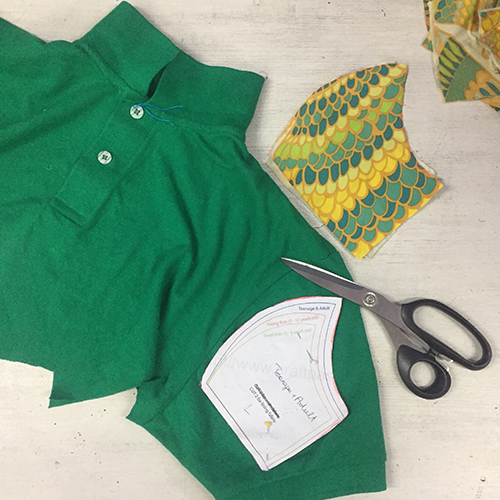
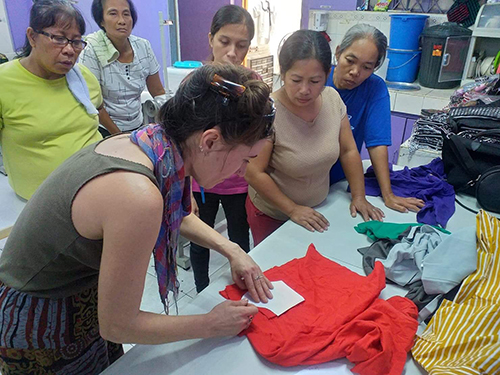
The city remained on high alert for a month, after which the volcano calmed to a level 2. But at this point Covid-19 had already arrived in Manila. Fear surged through the community once more.
In Tondo, it is very common for families of 10 or more to live in a small room together. Due to these living conditions, it was a huge concern that the virus would spread like wild fire with a devastating impact on mortality rates. Fortunately, by the time Covid19 arrived, we had a team of 40+ women across Luzon already skilled in face mask making. So PCF could continue paying them a good living wage whilst providing free masks to the communities.
The nanays in the livelihood centres in Tondo, Baguio and Bulacan made around 4000 masks during my time there.
When lockdown was announced at the beginning of March, I was working at the PCF centre in “Dumpsite” Irisan- Baguio, North Luzon.
All foreign nationals were given a 72-hour window to leave the country. I didn’t really want to leave. It felt like my work in the Philippines wasn’t done. We had so many other projects in the pipeline. School uniforms, shoes, hats… But sadly I didn’t have a choice.
After hours spent trying to get a last minute flight on a terrible internet connection I then had the challenge of finding a way to get to the airport. Public transport had stopped overnight. No buses. Not even taxis or private vehicles for hire.
Finally, we managed to get in touch with the local tourism department and they gave me 30 minutes to get to the city hall. Luckily my bags were already packed. With a handful of other foreign nationals, I got escorted to Manila airport. What should have been a 4-hour drive took 9 hours with 5 temperature checkpoints and massive queues along the way.
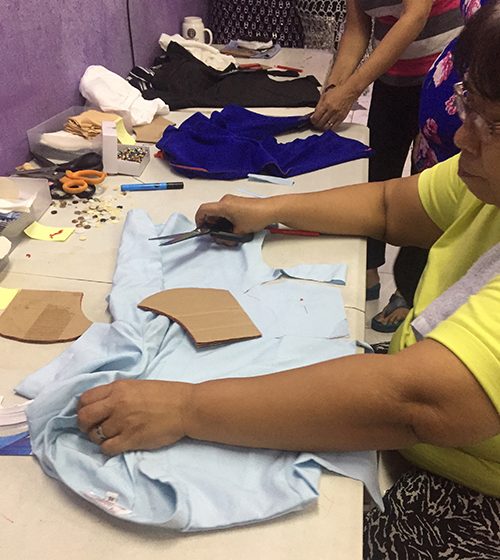
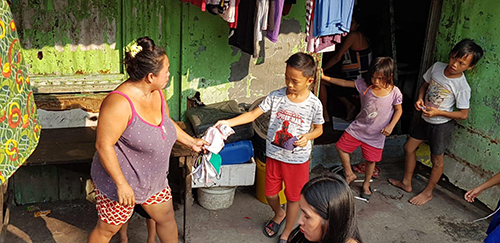
On my return to the UK, I continued making face masks. It suited the Leftover Threads ethos well as masks can be made from smaller pieces of fabrics like off-cuts, end of roll and other reusable textiles. At the beginning, I was donating a mask locally for every one sold. But the demand was so high and I couldn’t keep up. Luckily there is a big group of people making and distributing free masks to those that need them locally. So I decided to donate 15% of all our masks sales to PCF instead. I know that all the money goes directly where it is needed the most, making a big difference to people’s lives. PCF do so much for so many. Their charitable schemes span education, nutrition, housing, health, and livelihood.
Lockdown in the Philippines has been strict. Struggling families are even worse off now. They are only allowed out one day a week. Most families have had any chance of earning an income totally taken away from them. We are grateful that there are some nanays who have mask-making skills enabling them to go out on their day to the market, sell some masks and make some money for groceries. Strangely Taal Volcano‘s ash cloud had a silver lining and had prepared us for what was to come. I know they are very grateful for the skill-sharing which enables them to sell direct. Purple Community Fund also continues to buy masks from them and distributes to those in need.
Many of PCF’s beneficiaries live in, on and are surrounded by waste. Not their waste- other people’s waste. Half of the community sort recyclables all day, every day.
Even the food waste from fast-food restaurants is “recycled” refried and sold. Its called pagpag and people eat it because it’s cheap. In Barangay 105, survival is a constant battle.
Every so often there’s a fire. Usually a result of working with plastic and heat in cramped conditions. Last month, a big fire meant over 1000 people had to be put in emergency housing by the charity with no government help whatsoever. Families are familiar with losing the little they have. They are resilient, positive and creative in the face of constant change. They know that life is as flimsy as the walls of their makeshift homes and rebuilding is part of staying alive…
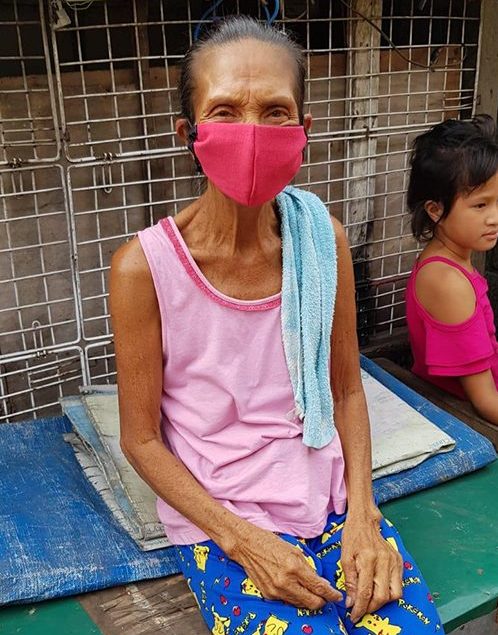

However, parents are hopeful for a brighter future for their children and believe education is the key. This is why PCF sponsors hundreds of students through school year in, year out. The opportunity of an education keeps hope alive.
Residents of Manila continue to live on strict lockdown measures. The Department of Education has announced that all learning will move online, via an App, for the foreseeable future. Without electronic devices, the poorest students are unable to continue their education. The Coronavirus pandemic and associated school closures now pose another immediate threat to the Tondo community; loss of hope.
PCF’s “Phones for Futures” campaign aims to secure electronics for as many students as possible so that they can access online learning.
By buying our masks you are providing essential support to these students and their families.
If you want to help directly by donating cash or a smart phone you can find more information here:


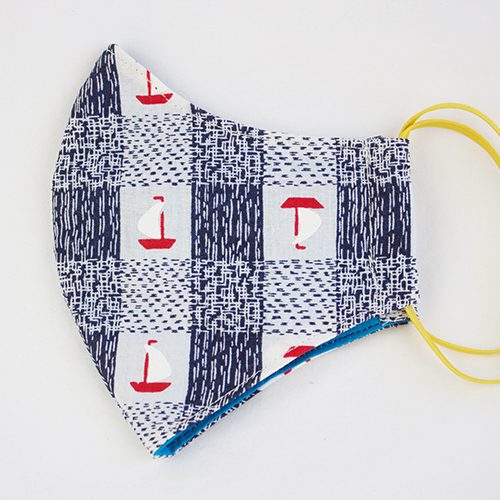
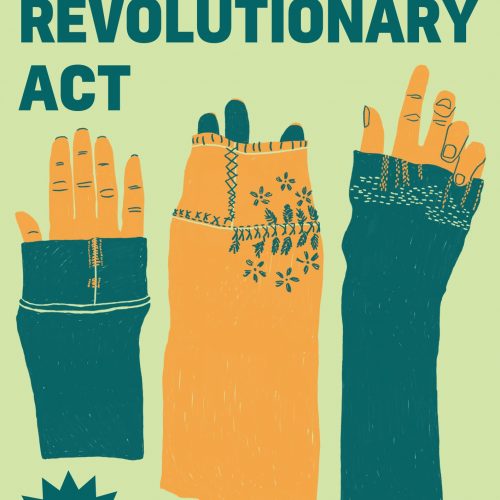

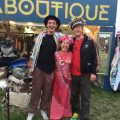
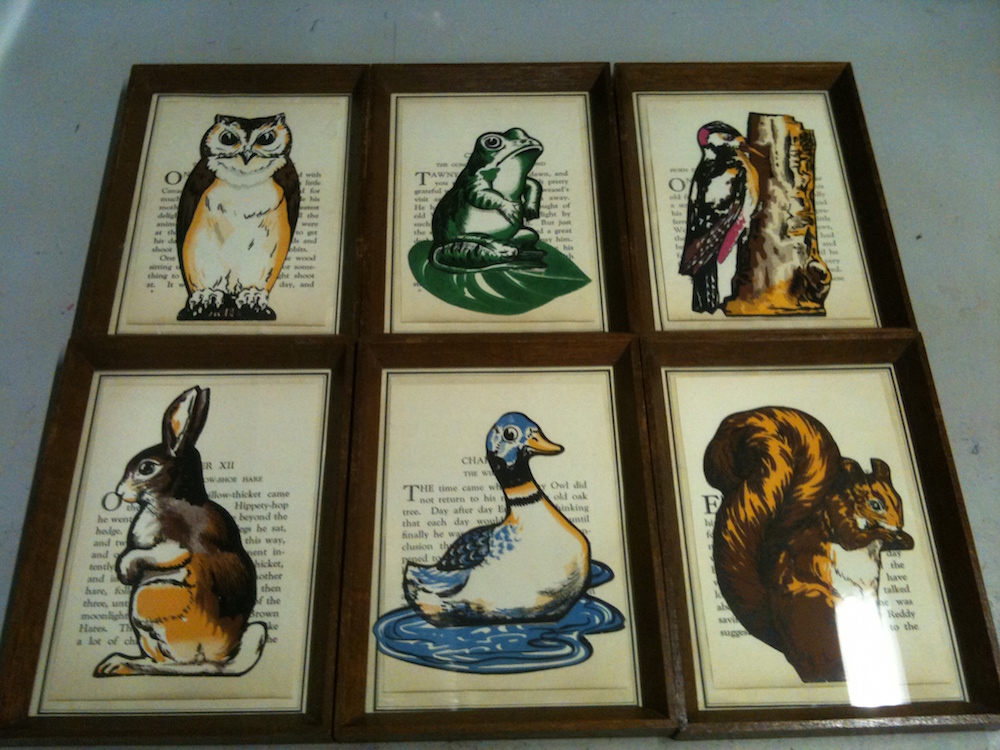

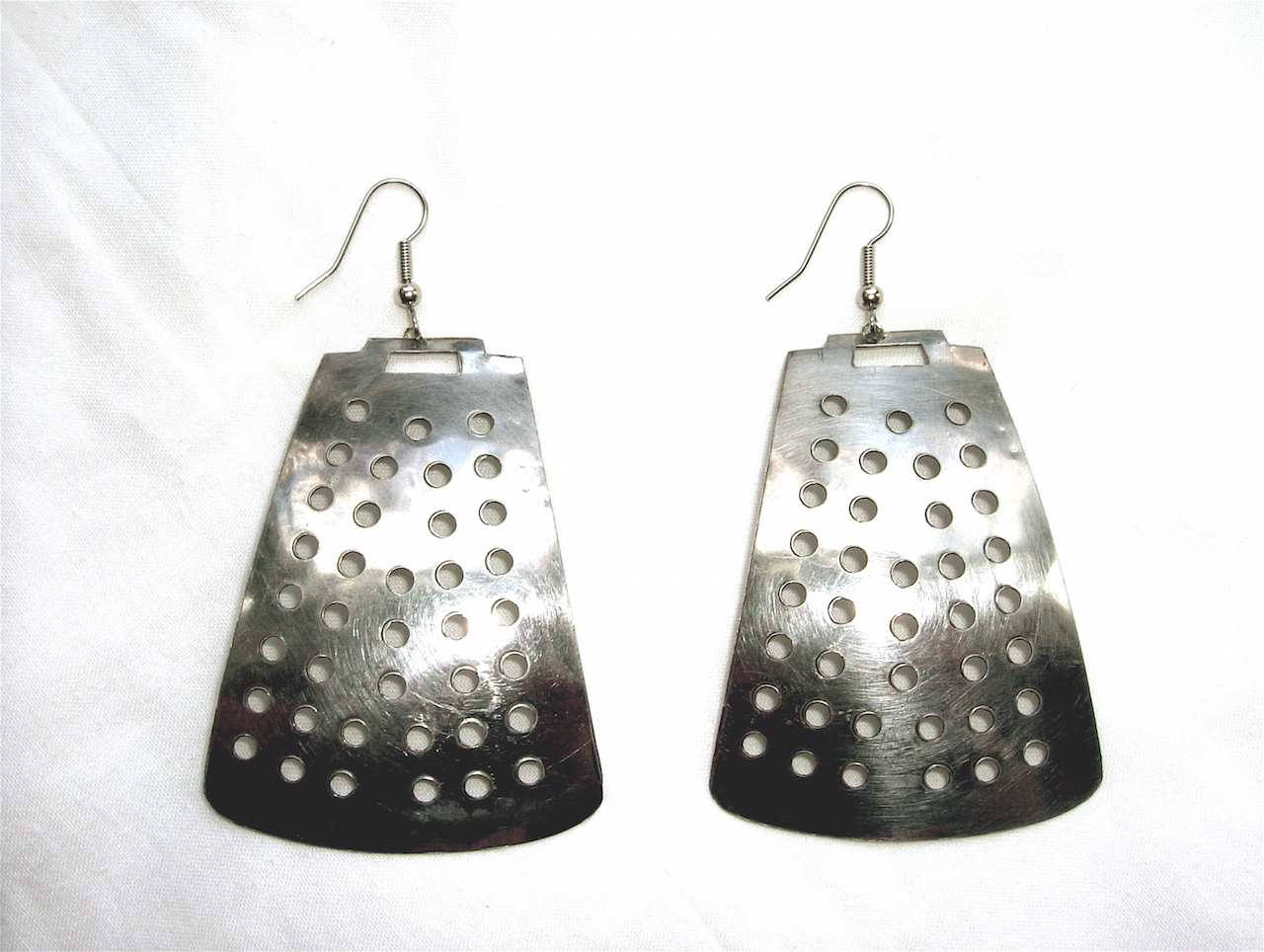


Trackbacks/Pingbacks